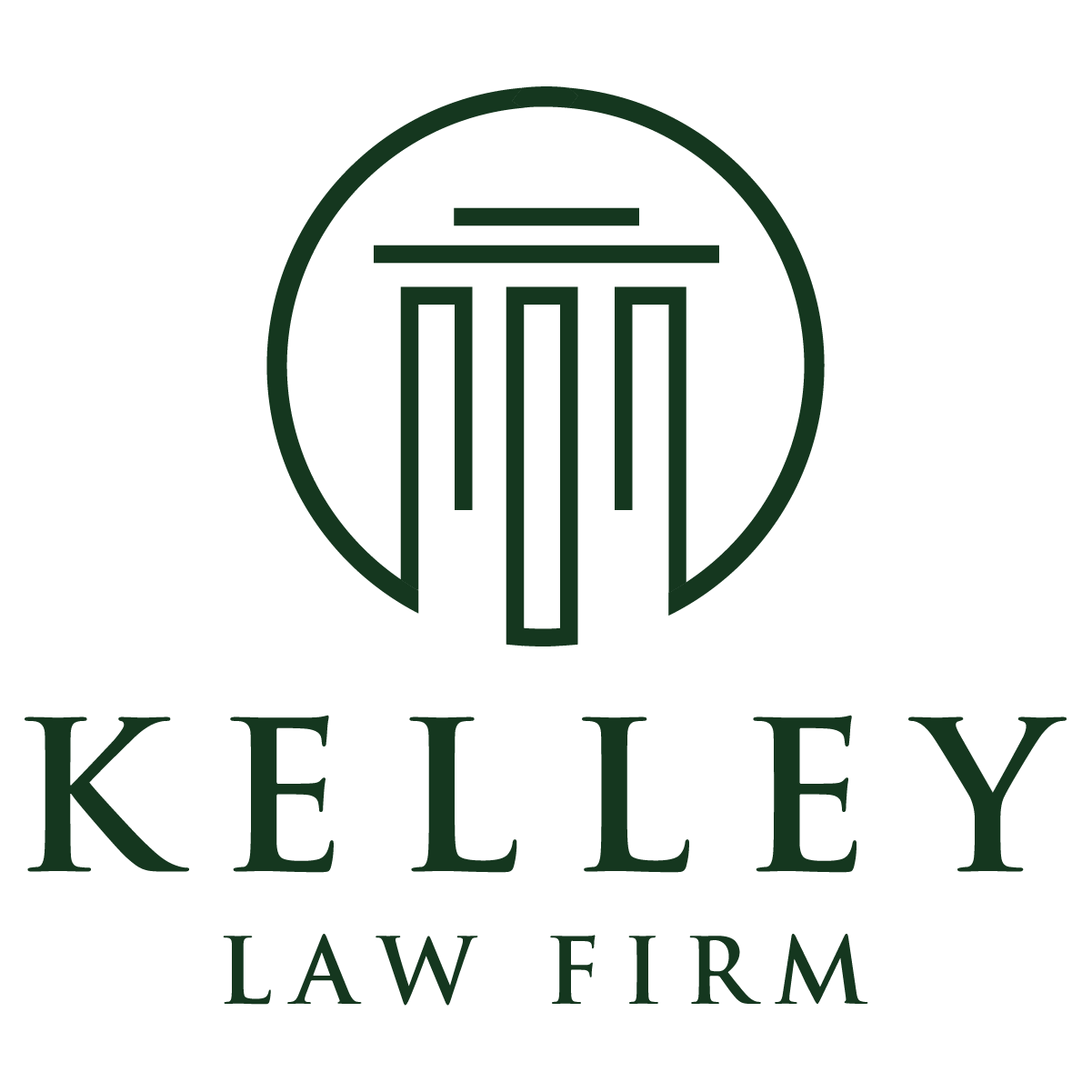Navigating Probate: A Comprehensive Guide to Estate Settlement

When a loved one passes away, the grieving process is often accompanied by a series of practical and legal challenges. One such challenge that heirs and beneficiaries may encounter is the probate process. Probate is a legal procedure that takes place after someone’s death, involving the validation and distribution of their assets. Understanding the basics of probate is crucial for anyone navigating the complexities of settling an estate.
Probate is the legal process through which a deceased person’s assets are distributed, and their final affairs are settled. This process is supervised by a court and ensures that the deceased person’s debts are paid and their remaining assets are distributed to the rightful heirs or beneficiaries. The probate process may vary depending on the jurisdiction and the complexity of the estate.
Probate typically begins when the executor named in the deceased person’s will files a petition with the probate court. If there is no will, a court-appointed administrator may initiate the process. The court then validates the will, appoints an executor or administrator, and issues the legal authority required to administer the estate.
One of the first tasks in the probate process is the inventory and appraisal of the deceased person’s assets. This involves listing all assets subject to probate, such as real estate, bank accounts, investments, and personal belongings. The court may require a professional appraisal to determine the fair market value of certain assets.
Once the assets are identified, the executor must settle any outstanding debts and taxes owed by the deceased. This may include paying off creditors, filing final income tax returns, and addressing any estate or inheritance taxes. Resolving these financial obligations is a crucial step before the remaining assets can be distributed to heirs.
After settling debts and taxes, the remaining assets are distributed to the heirs or beneficiaries according to the terms outlined in the will or, in the absence of a will, according to state laws of intestacy. The court oversees this distribution to ensure it aligns with legal requirements.
Probate proceedings can sometimes be time-consuming and costly. Legal fees, court costs, and the potential for disputes among heirs or beneficiaries can contribute to delays. However, careful planning, clear communication, and the assistance of legal professionals can help streamline the process.
While probate is a necessary legal process, there are steps individuals can take to simplify the administration of their estate for their loved ones. Creating a comprehensive estate plan, including a well-drafted will and other relevant documents, can minimize the complexities of probate. Seeking legal advice to understand the specific probate laws in your jurisdiction and taking proactive steps to address potential challenges can significantly ease the burden on your heirs.
In conclusion, probate is a legal process that ensures the orderly distribution of a deceased person’s assets. While it may seem daunting, understanding the steps involved can help individuals and their families navigate the complexities of estate settlement. By taking proactive measures and seeking professional guidance, individuals can streamline the probate process, providing peace of mind for their loved ones during a difficult time.
